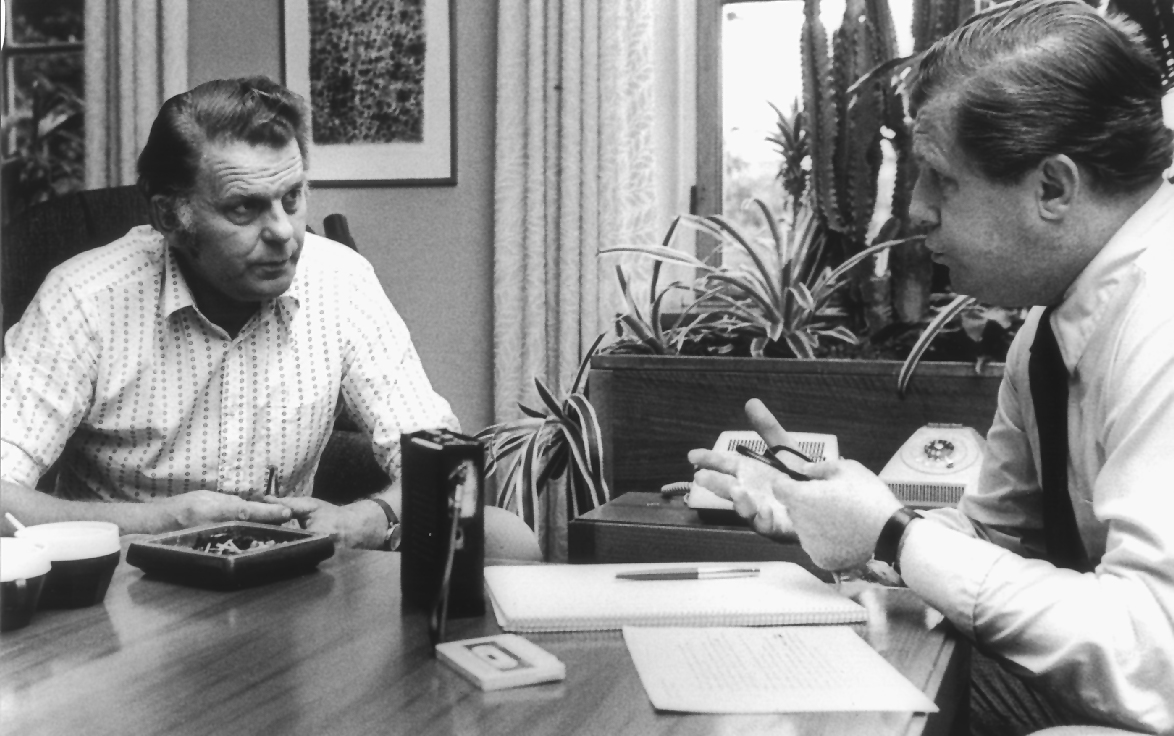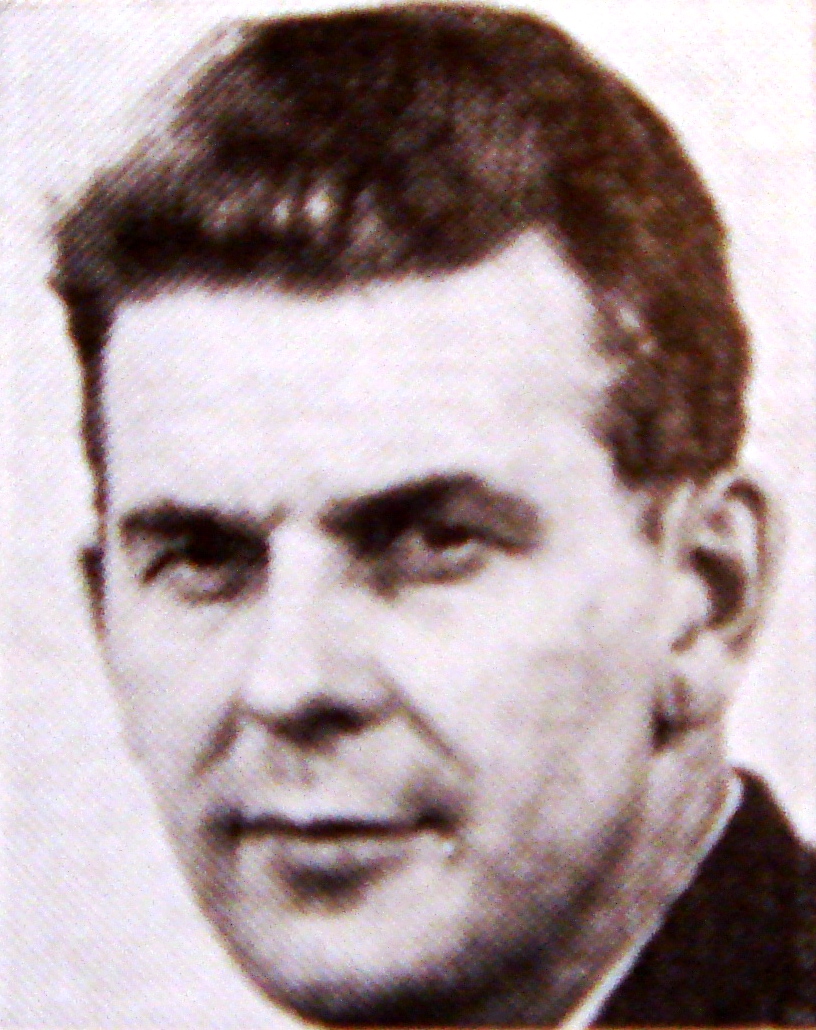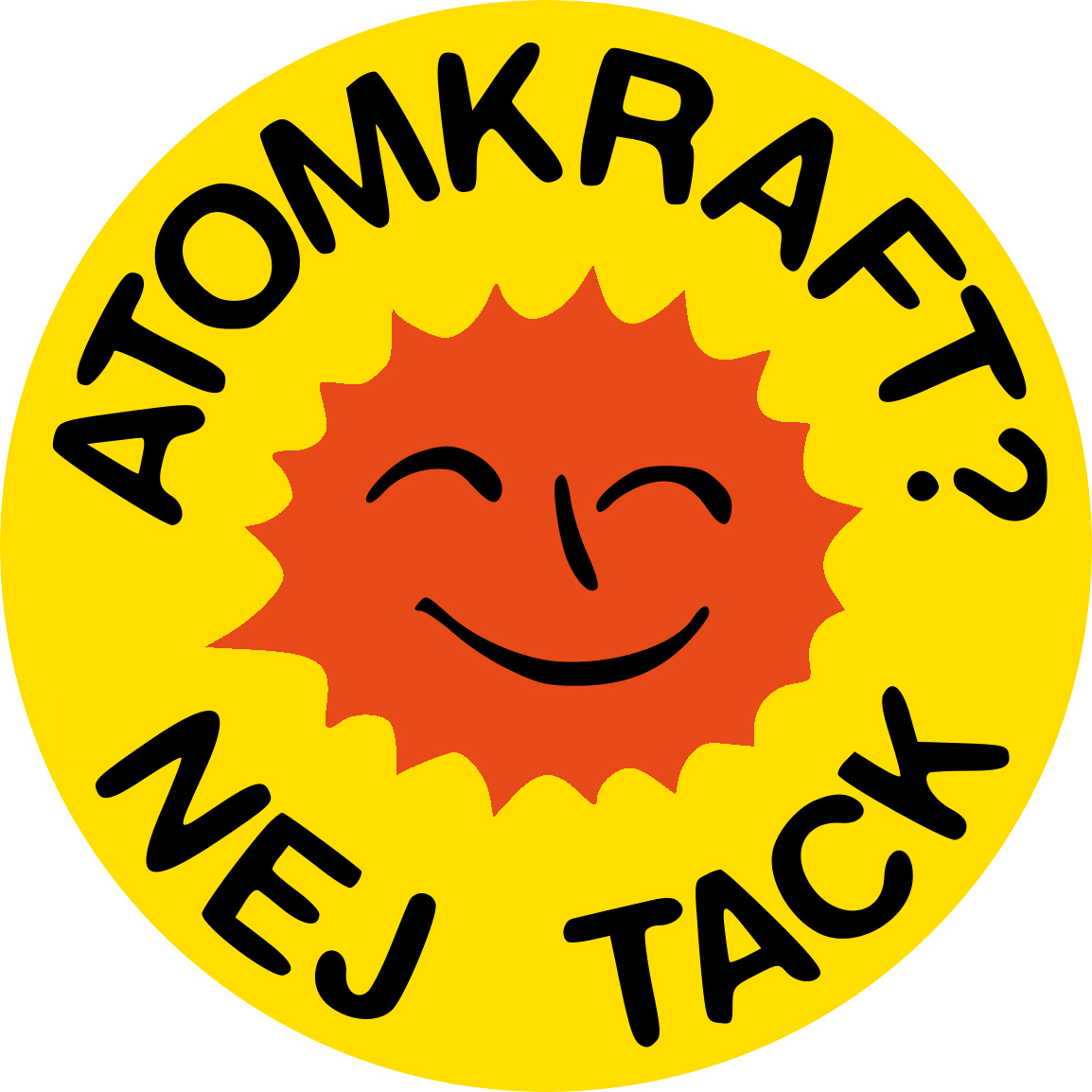March 23 in Swedish History
The Swedish referendum on nuclear power is held in 1980.
-
 Then Prime Minister Thorbjörn Fälldin (left) interviewed by journalist, colleague and Nordstjernan friend, the late Arne Thorén (1927-2003). The "Swedish voice from America," beloved sometime contributor in Nordstjernan from the 1950s until his passing in 2003. Nordstjernan archive photo
Then Prime Minister Thorbjörn Fälldin (left) interviewed by journalist, colleague and Nordstjernan friend, the late Arne Thorén (1927-2003). The "Swedish voice from America," beloved sometime contributor in Nordstjernan from the 1950s until his passing in 2003. Nordstjernan archive photo -
-
March 23 in Swedish History
1980: A non-binding referendum on nuclear power is being held in Sweden, and three proposals (tre linjer) are put forward to voters: -
 On March 23rd in 1980, a non-binding referendum on nuclear power was held in Sweden. Option number two won: Nuclear power would be phased out over a period that would not impact too severely on employment and welfare, and efforts would be made to reduce energy consumption whilst protecting low income groups, including phasing out electric heating and increased R&D of renewable energy led by the government. In addition, a security committee with local membership would be put in place at each nuclear power plant and the public sector would take responsibility for generating and distributing electricity. Nuclear power plants would be owned by central and local government and any surplus profits from hydroelectric generation would be subject to a 100% tax rate. Thorbjörn Fälldin (1926-) was Prime Minister of Sweden at the time.
On March 23rd in 1980, a non-binding referendum on nuclear power was held in Sweden. Option number two won: Nuclear power would be phased out over a period that would not impact too severely on employment and welfare, and efforts would be made to reduce energy consumption whilst protecting low income groups, including phasing out electric heating and increased R&D of renewable energy led by the government. In addition, a security committee with local membership would be put in place at each nuclear power plant and the public sector would take responsibility for generating and distributing electricity. Nuclear power plants would be owned by central and local government and any surplus profits from hydroelectric generation would be subject to a 100% tax rate. Thorbjörn Fälldin (1926-) was Prime Minister of Sweden at the time. -
-
1. Nuclear power to be phased out over a period that would not impact too severely on employment and welfare.
-
 “Atomkraft – nej tack” (nuclear power – no thanks), the pin for those in favor of option three during the 1980 non-binding referendum on nuclear power in Sweden.
“Atomkraft – nej tack” (nuclear power – no thanks), the pin for those in favor of option three during the 1980 non-binding referendum on nuclear power in Sweden. -
2. Similar to proposal 1, but effort would also be made to reduce energy consumption whilst protecting low income groups, including phasing out electric heating and increased R&D of renewable energy led by the government.
-
3. The expansion of nuclear power would cease immediately and the six operational stations would be subject to stricter conditions and closed within ten years. Efforts would be made to reduce energy consumption and to increase renewable energy capacity.
-
The second option won a narrow plurality of the vote, receiving 39.1% of the ballots cast to 38.7% for option 3. Option 1 was the least popular, receiving only 18.9% of the votes.
-
-
-
